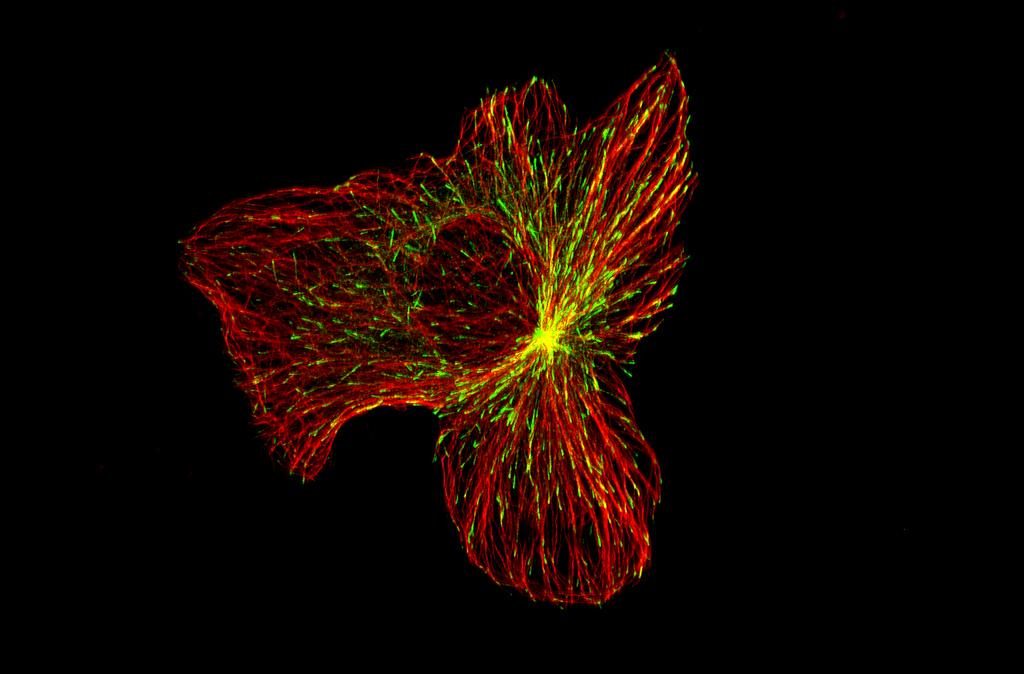In the ongoing quest to decipher the intricate mechanisms of cancer progression and immune evasion, a groundbreaking study led by EPFL scientists has emerged. This study sheds light on a previously overlooked aspect: the role of primate-specific KRAB zinc finger proteins (KZFPs). These proteins, typically associated with genomic stability, play a pivotal role in shielding cancer cells from immune surveillance, offering promising avenues for novel therapeutic interventions.
The Discovery
Led by the esteemed Didier Trono and his team at EPFL, the study elucidates how cancer cells strategically utilize KZFPs. These proteins regulate genetic stability and aid in evading detection by the immune system. Unlike traditional views that prioritize evolutionary conservation, the researchers uncovered the significance of primate-restricted KZFPs in cancer development and progression.
Unraveling the Mechanism
The research focused on two primate-specific KZFPs: ZNF587 and ZNF417. Their upregulation correlates with poor prognosis in Diffuse Large B Cell Lymphoma (DLBCL). Through meticulous experimentation utilizing advanced cell culture techniques and genetic manipulation, the scientists demonstrated the indispensable role of these proteins in maintaining heterochromatin integrity and suppressing replicative stress.
Impact on Cancer Cells
Upon the removal of ZNF587 and ZNF417 from DLBCL cells, significant disruptions in cellular function were observed. These disruptions were accompanied by alterations in heterochromatin distribution and induction of replicative stress. Notably, this stress triggered an inflammatory response, rendering the cancer cells more susceptible to immune recognition.
Implications for Therapy
The findings unveil a novel therapeutic avenue for DLBCL and potentially other cancers, emphasizing the significance of targeting transcription factors like KZFPs to enhance immune surveillance against cancer cells. This paradigm shift offers a glimpse into the untapped potential of immunogenic chemotherapy-like effects, highlighting the urgency for further exploration and clinical translation.
Future Directions
Building upon this groundbreaking discovery, the research consortium led by EPFL aims to propel this line of inquiry forward. With collaborations spanning institutions such as Stanford, the Curie Institute, Cornell, the van Andel Institute, and London’s Bart Institute, the team is poised. They aim to leverage these findings toward the development of innovative therapeutic strategies. Additionally, efforts are underway to secure funding for a large-scale initiative. There is also the potential establishment of a startup. This underscores the transformative potential of this research endeavor.
If you want to learn more about it, click here
Also, Read about Fertilization Unveiled: Breakthroughs from a Mouse Model

